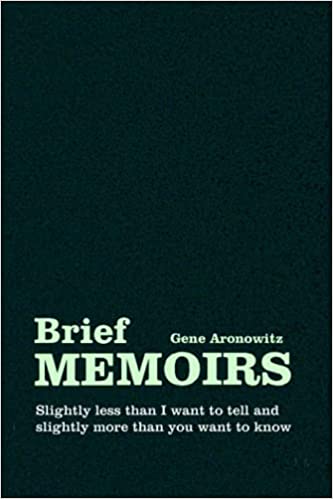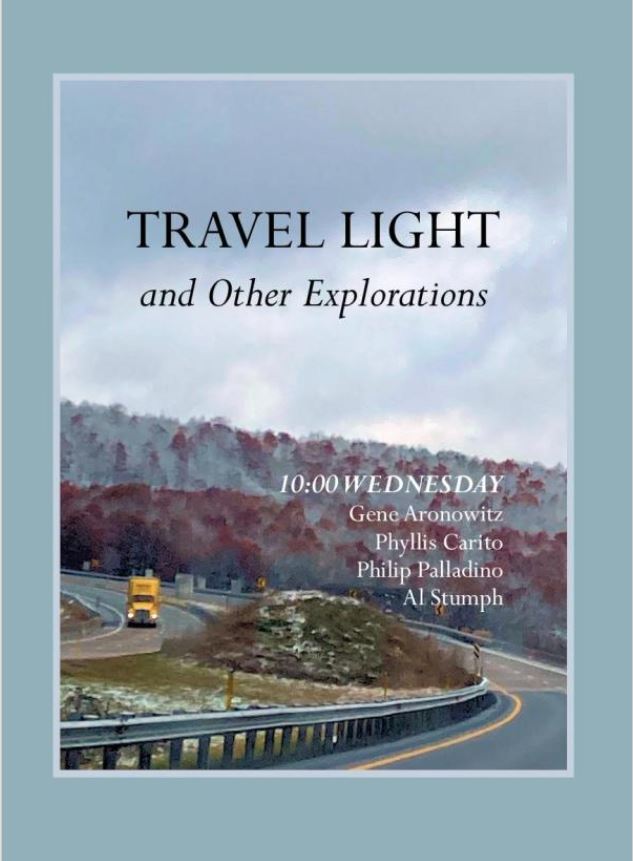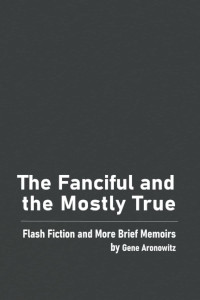Academics
By Gene Aronowitz
I often think of the day I received my grades after the first semester of my junior year at the University of Delaware. I stared for a second at the envelope, feeling like a Floridian facing a foreboding forecast of an upcoming severe storm. I tore it open and saw two Cs, a D, and two Fs.
Underachievement was not new to me. My academic performance in high school and most of college was disastrous. In 1955, I graduated in the lower fifth of my high school class. Despite my poor record, I entered college, hoping to become a physician, as did many friends. They were all doing well in college, but I was continually bereft, suffering the death of my aspirations because of my abysmal grades.
Craving distraction from that grade report, I flipped through the newspaper and saw that President Eisenhower, concerned about the Viet Cong, had increased the number of military personnel in South Vietnam to 736. I also noticed that “Rebel Without a Cause,” was showing again. I had seen it two years earlier and was then moved to buy a used 1949 black Mercury with white walls, like the one driven by James Dean as he played Jim Stark, the distressed and dejected teenager, in that film.
Sensing the prospect of solace in that car, I aimlessly drove around the streets of Wilmington, Delaware, my elbow on its open window frame, a pack of Viceroys tightly wrapped in the rolled-up sleeve of my white T-shirt. I stopped at Warner Junior High, the last school where I had done well. There, I saw a red-tailed hawk soaring slowly in circles over Brandywine Park across the street. Then, I heard a high-pitched screech, looked up, and saw the hawk suddenly speed silently toward a squirrel scurrying too slowly up the trunk of a tree
I walked into the park, found a bench, sat down, and watched a little black worker ant try to cart a tiny twig toward his hill only to drop it, pick it up, advance, and drop it again and again and again. That effort and persistence produced in me an acute sense of envy.
Boy, ants and hawks don’t fuck around, I mused. They know what they want, and they know how to get it. I knew I was like neither of them. I was failing and decided to leave school and join the Marine Corps Reserves.
There was a military draft in those days, and I had a student deferment. I knew that flunking out of college would have me groveling in foxholes for at least two years. If I was lucky in the reserves, I would be on active duty for only six months. I exercised that option, anticipating that I could skip a single semester and get back to school before the following semester began. And that's exactly how it happened, but as described in my memoir The Cap, those six months were probably the most difficult I ever spent. But I survived it, and that memory has sustained me in many subsequent difficult times.
After I came back to school, I continued doing poorly academically. I was in the University of Delaware’s Jewish fraternity, Alpha Epsilon Pi, which constantly ranked highest academically among all fraternities on campus. I felt like an irresponsible member of this group. Academic achievement was paramount in the Jewish Community at that time, and failure would have been a disgrace not only for me but also for my parents.
I knew that becoming a physician was out of the question, but I had to figure out what to do with the rest of my life. I thought about becoming a lab technician, utilizing what I had managed to learn in my science courses. However, I could not face the prospect of trying to do well in repeat classes in chemistry and physics. My lack of any acceptable plans for my future was an extreme source of uncertainty and sadness.
Enough of this shit, I thought as I tried to figure out why I was doing so poorly. A reading evaluation showed that I read with one eye and then the other, losing my place during the switch. Consequently, I read very slowly, had poor comprehension, and had difficulty getting through all the assigned readings. I had poor eyesight even as a small child, and when I consulted an ophthalmologist, he said that this difficulty was caused by a lingering condition called exotropia, a misalignment of the eyes. I was not only desperate but also committed to change. I decided to have an operation to strengthen and focus my eyes. Then, I spent a few weeks at the University’s reading lab.
I switched out of Arts and Sciences to the School of Education, not because I wanted to become a teacher but because I thought education courses would be easier. I hoped to get decent enough grades to graduate. And it worked. Changing my major to Secondary Education and reading more effectively helped me do much better the following semester.
Since I had already taken six biology courses, my student teaching assignment was high school biology. My college faculty advisor observed me on a particularly good day. My students, who liked me and were very supportive, put on a show for him. They were attentive, responsive to my questions, and very well-behaved. In his final report, he characterized me as “patient, sympathetic, and conscientious,” and summarized my capabilities as follows:
- · He prepared his lessons with thought and insight.
- · One of his outstanding qualities is humility and imagination.
- · He is relaxed before a class and has a most congenial personality.His voice is commanding and positive.
- · For a student teacher he had remarkable attention of the class.
- · Mr. Aronowitz is one of the best prospective teachers that I have supervised.
Because of all my poor grades up through my junior year, I just barely graduated from college, 334th out of 404 students in my class. But I did graduate! Although I briefly considered becoming a high school biology teacher, that was not to be. Reflecting on my many years of working as a day camp counselor, lifeguard, and office attendant at the Jewish Community Center in Wilmington, I was drawn to a career in social work instead.
I applied to graduate schools to get a master’s degree in social work and was rejected by most. However, New York University, which, back then, was in danger of losing its accreditation, admitted me. I did very well there. I then practiced social group work successfully for five years and had positive connections with the University of Chicago School of Social Service Administration. I applied for admission to that school’s Ph.D. program, but because of my undergraduate grades, they were reluctant to admit me. They suggested I take their statistics course to assess my academic capabilities. I did so well that they admitted me, and I was able to get my Ph.D. in less than three years.
Therefore, my intellect was not my problem in high school and college. My eyesight was, and, regrettably, none of my educators picked that up. Special education services did not exist nationally until 1975, so special education was not available for me while I went to school in the 1950s. If it had been, they might have figured out what was wrong with me much earlier and taken care of it. But it wasn’t, and they didn’t, and I spent much of my childhood, adolescence, and young adulthood feeling inadequate. But I got fed up with that feeling, and, like the ant and the hawk, I understood what I needed to do, and I did it.


